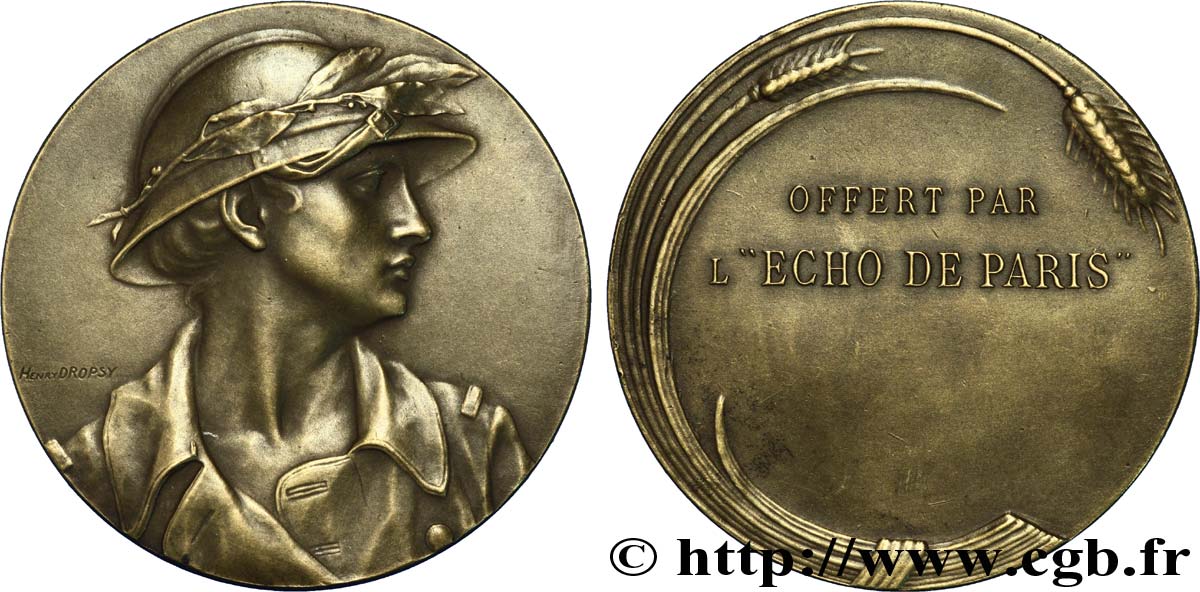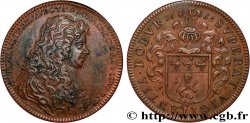E-auction 81-40713 - fjt_247789 - PRESS L’ÉCHO DE PARIS n.d.
You must signin and be an approved bidder to bid, LOGIN TO BID. Accounts are subject to approval and the approval process takes place within 48 hours. Do not wait until the day a sale closes to register. Clicking on « bid » constitutes acceptance of the terms of use of cgb.fr private e-auctions.
Bids must be placed in whole Euro amounts only. The sale will start closing at the time stated on the item description; any bids received at the site after the closing time will not be executed. Transmission times may vary and bids could be rejected if you wait until the last second. For further information ckeck the E-auctions F.A.Q.
NO BUYER'S FEE.
NO BUYER'S FEE.
| Estimate : | 45 € |
| Price : | 50 € |
| Maximum bid : | 65 € |
| End of the sale : | 03 November 2014 19:00:30 |
| bidders : | 3 bidders |
Type : L’ÉCHO DE PARIS
Date: n.d.
Metal : brass
Diameter : 49 mm
Orientation dies : 12 h.
Edge : lisse
Puncheon : Tête de sanglier et losange
Rarity : R1
Obverse
Obverse description : Personnage casqué et lauré en tenue militaire à droite.
Reverse
Reverse legend : OFFERT PAR L’ÉCHO DE PARIS.
Reverse description : Dans une courbe d’épis.
Commentary
Ce journal littéraire et politique conservateur (du soir puis du matin), fut proche de la Ligue des patriotes de Paul Déroulède, puis plus tard du Parti social français à partir de 1936. Son rédacteur en chef [Quand ?] était Henri de Kérillis. Le chef de la rubrique Affaires Étrangères [Quand ?] était André Géraud (Pertinax), et le chef de la rubrique des spectacles [Quand ?]était Paul Gordeaux, secondé par Pierre Lazareff. On y trouvait d'autres plumes [Quand ?], comme Raymond Cartier, Henry Bordeaux, ou encore Jérôme et Jean Tharaud. VOIR http://fr.wikipedia.org/wiki/L%27%C3%89cho_de_Paris.








 Report a mistake
Report a mistake Print the page
Print the page Share my selection
Share my selection Ask a question
Ask a question Consign / sell
Consign / sell
 Full data
Full data



